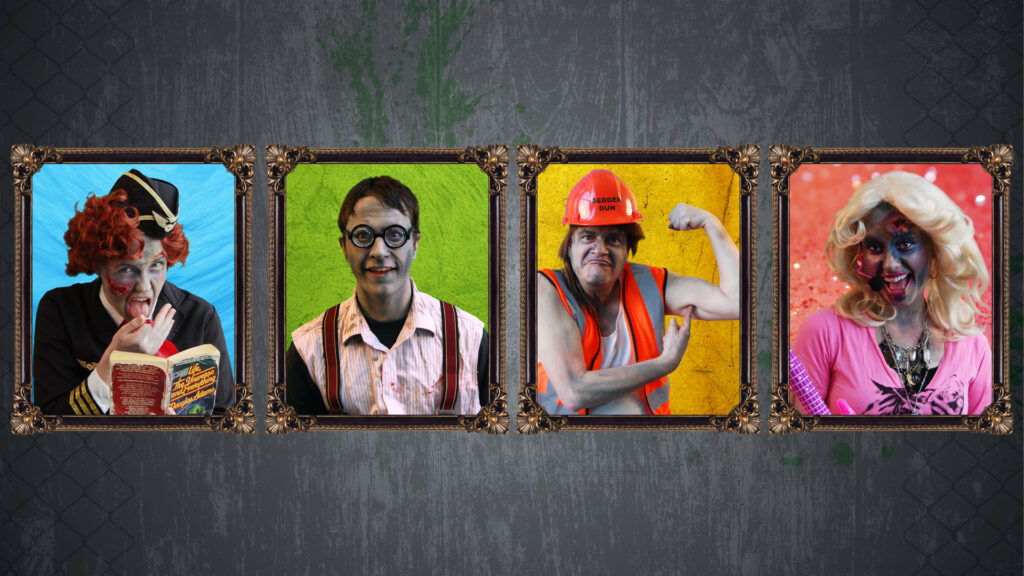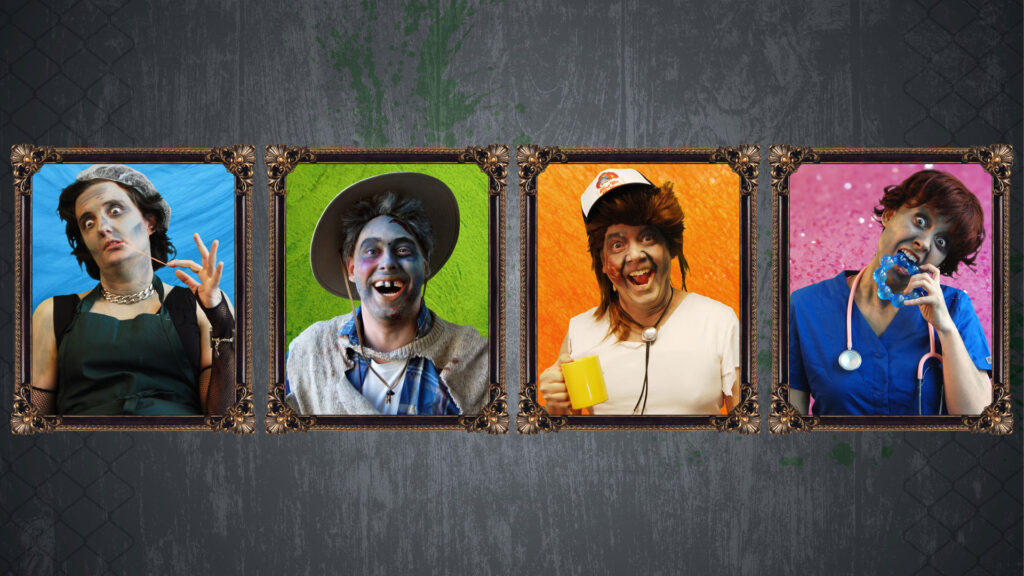This week’s post is inspired by Jessica Aceti, who encouraged everyone to say “yes” to opportunity even if you’re not 100% prepared or confident, as a way to push yourself to grow, gather experience, and network. Over the course of my career so far, I’ve also found this strategy to be the way; you’re never really 100% prepared to take a big leap, embark on a brand new kind of project, or make a big life change, but sometimes, these kinds of leaps are what’s needed to move forward or even to just continue on.
One example of a time in my professional life when I was faced with a challenge that I wasn’t prepared for was a few years ago when I was working in the science museum field at a museum. I was part of a department that, among other things, created live theater-like shows about science content for our audiences. At one point well before the pandemic, we got a grant to create a live theater science show about epidemiology that would combine live theater with interactive content and video, and I collaborated on coordinating the project with one other project manager. The first challenge of the project was to develop a storyline that would be exciting and fun about scientific work studying diseases.

Once we’d decided that the audience would take on roles as epidemiologists trying to solve the mystery of a zombie illness, the technical work began of filming, editing, and formatting everything into a media experience that would incorporate both theater and film with many different possible surprise endings, depending on the choices of the audience. For this part of the project, my supervisor had arranged for the help of a volunteer who said that he had a lot of filming and editing experience. At that time, I’d never used any film-related software and was just assigned to be a helper to support the actors, keep track of the time, help with props, and so on. However, the volunteer suddenly and unexpectedly disappeared after filming, and someone had to edit the footage and program the interactive components of the presentation using a new software program that had been purchased under the grant.
Who was this “someone”? It was me. I had to quickly step up and teach myself how to edit film footage in Adobe Premiere using internet tutorials. This was pretty complicated as our missing volunteer had convinced everyone to film with a green-screen background and no one had realized that it’s important to control the lighting and colors of clothing carefully so that the green screen would work properly. After that, I had to use the new presentation software to program the show so that the audience could select which quarantined zombies they wanted to interview and discover the answer to the puzzle in their own way.
In some ways, my work was a huge success because I saved the production from completely tanking when our volunteer dropped out. In other ways, it was a hot mess because I wasn’t able to save some of the zombie footage and deadlines for the project had to be pushed back a lot since I was learning the software as I went along. There was also a steep learning curve for the live actors and presenters, which made it really challenging for them to use the new software to run the show, so my co-worker and I had to be available for technical support for a very long training period with the show. All in all, the project was very stressful, but I’m glad I did it because I learned so much new tech and had so much fun with the storyline.
